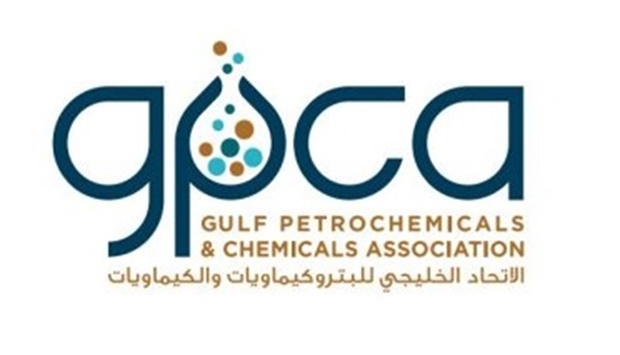A recent GPCA report, entitled ‘The Plastic Conversion Opportunity in the GCC: Moulding a Sustainable Future Towards a Plastics Circular Economy’ and released at the GPCA Plastics Conference held in Riyadh recently, identified challenges such as an uncompetitive recycled plastics market, inadequate knowledge about the circular economy, high investment requirements and the high cost of products made in a circular economy model as barriers to further progress.
The report goes on to highlight unfavourable regulations, the complex international supply chain of the plastics industry as well as a lack of collaboration between stakeholders as obstacles to achieving a circular economy in the region.
The circular economy presents an enormous opportunity, with the World Economic Forum predicting that it will yield up to $4.5tn in economic benefits in the years to 2030.
On a GCC level, transforming the current linear model to a more circular approach can help drive progress on the Middle East Green initiative, the GCC governments’ national visions and enable regional signatories to meet their commitments to the Paris Agreement, while lowering emissions.
According to speakers at the two-day at the GPCA Plastics Conference in Riyadh, less than 10% of the plastics produced globally are ever recycled due to the diversity and variability of plastics waste, contamination, gaps in the existing infrastructure, and new demands of advanced recycling. An effective strategic response must be designed to address these issues and prevent over $120bn from being lost through plastic waste annually, experts said.
GPCA secretary-general Dr Abdulwahab al-Sadoun said, “With at least 30% of plastic products not recycled because of design issues, according to the World Economic Forum, GPCA believes that the transition to a circular economy will require designing new products that are easier to reuse and recycle as well as adopting new business models and service offerings.
“Furthermore, the industry must promote recycling and the reuse of plastic products, which according to the WEF can extend the life of at least 20% of all plastic products. Greater collaboration, investing in research and innovation and adopting a life cycle approach will also be needed to enact change in the plastics circular economy in the region.”


